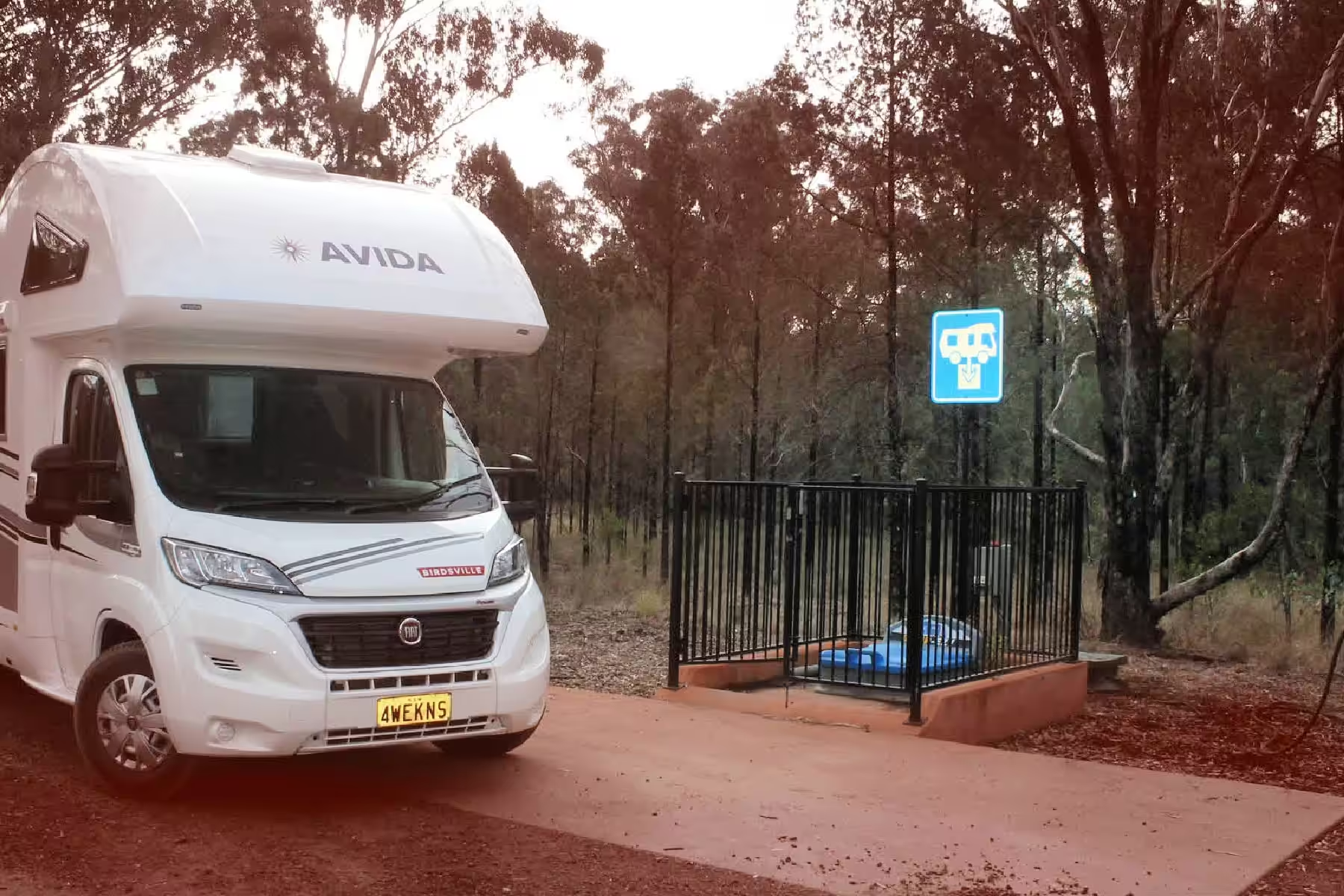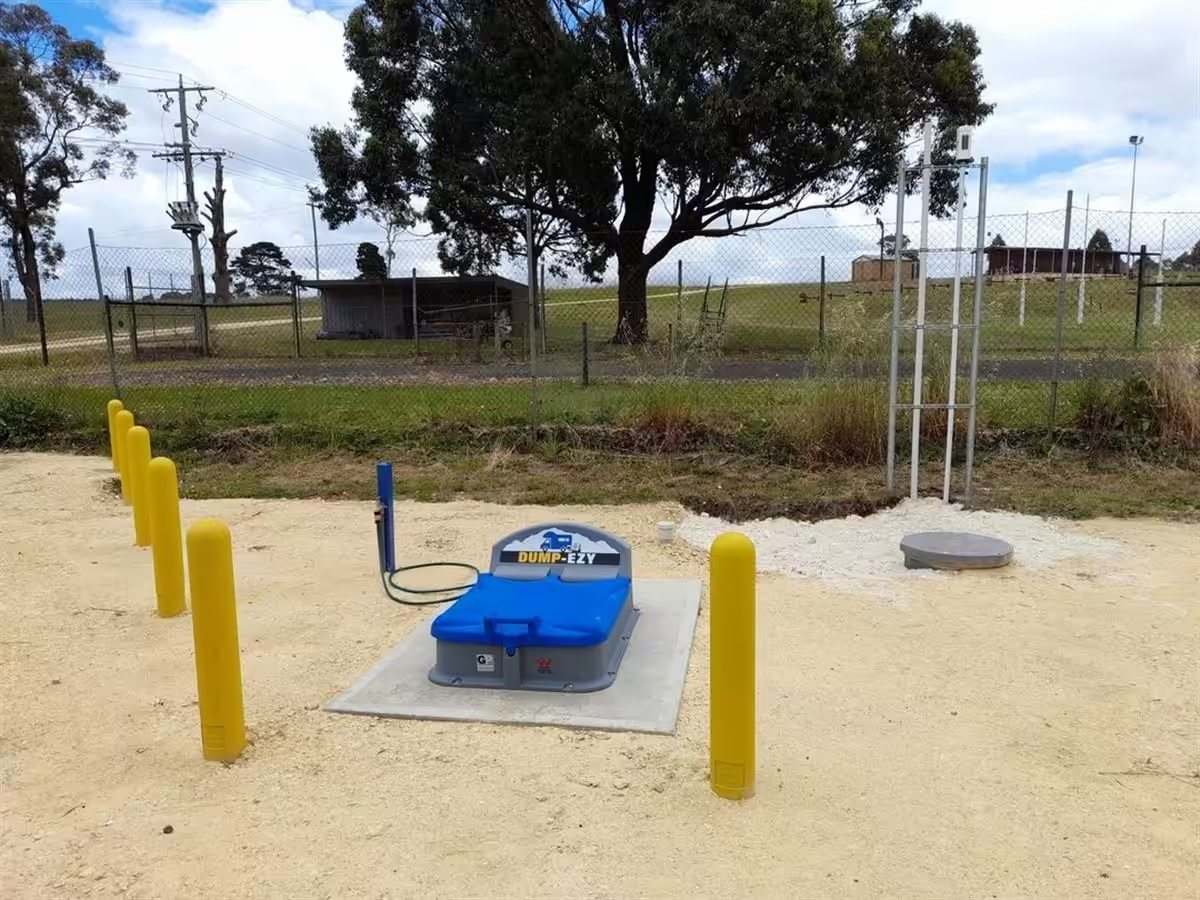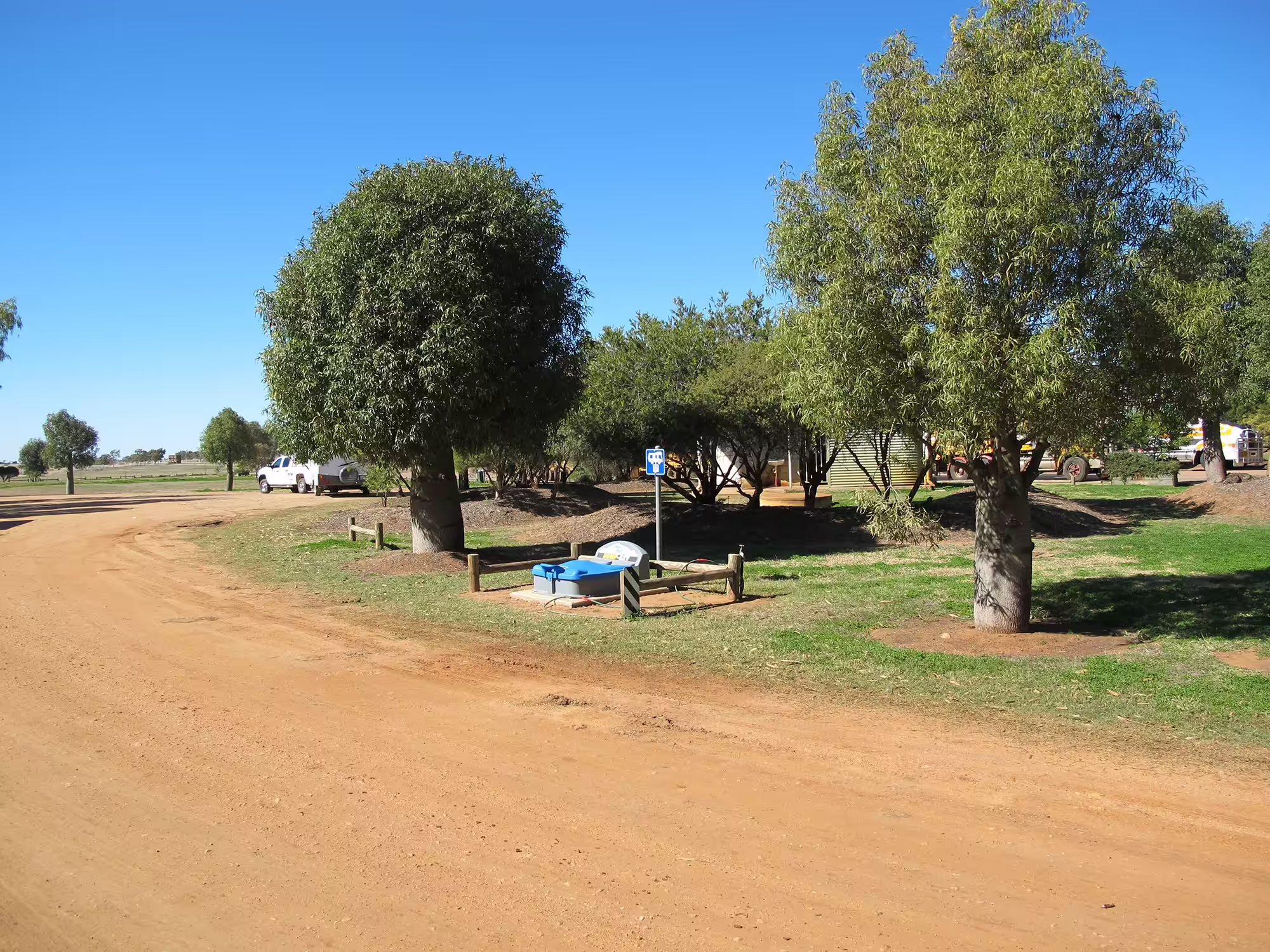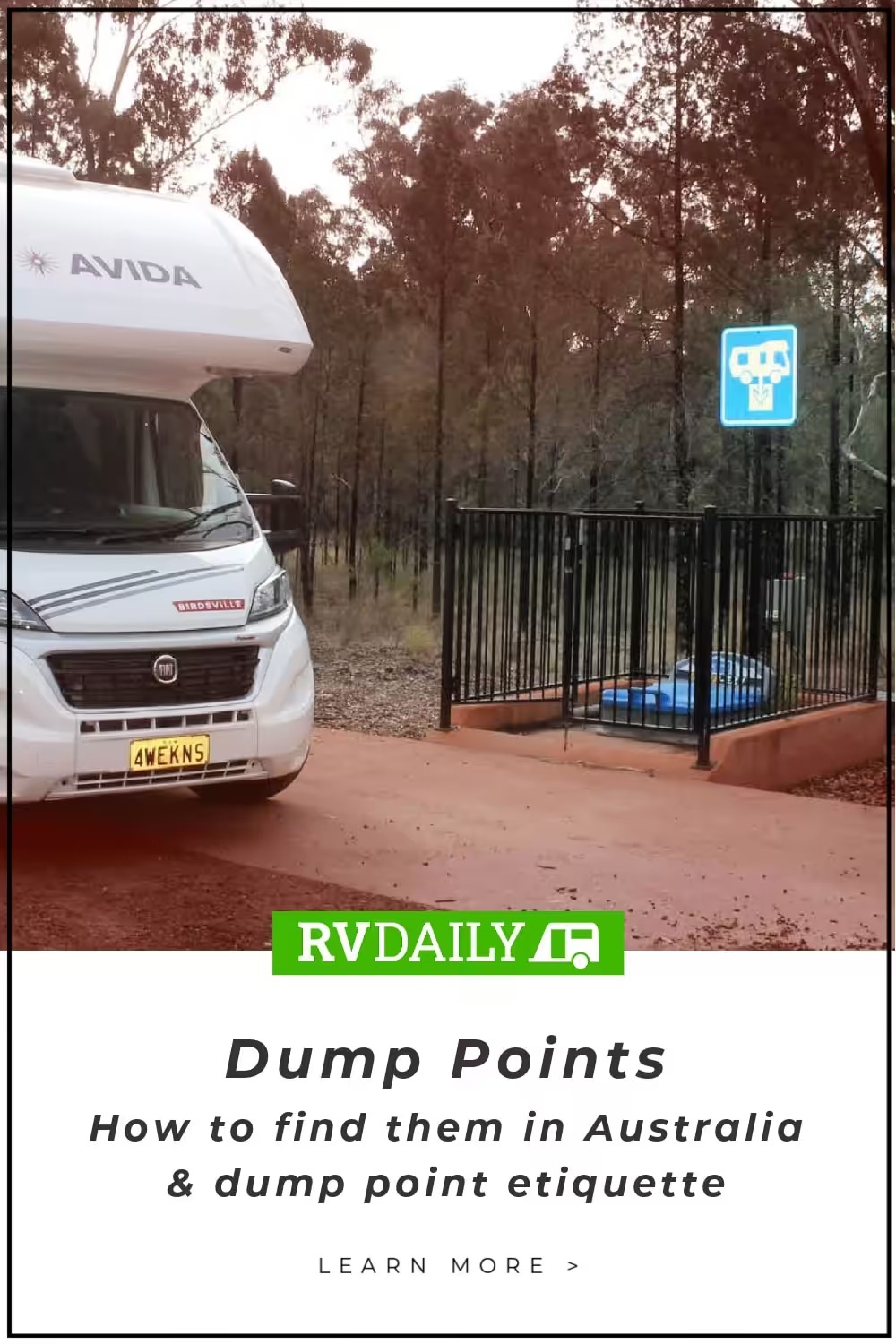Dump points: How to find them and the all important dump point etiquette




We discuss dump point etiquette and, more importantly, show you how to find dump points in Australia.
Properly disposing of your caravan or RV’s toilet waste isn’t glamorous, but it’s essential. Dump points keep campgrounds and the environment clean, so knowing where to find them and how to use them makes life on the road smoother. Here’s how to locate dump points across Australia and follow the right etiquette.

There are quite a few ways to find dump points in Australia, so we thought we would put a few together to make life just a little bit easier for you on a not so easy job.
The National Public Toilet Map is run by the Department of Health and Aged Care. Its website and free iOS/Android apps list more than twenty‑three thousand public facilities, including filters for Caravan dump point and Dump point.
Whilst not as straightforward as some of the options below, once you have downloaded and opened the map, press ‘preferences’ and ensure ‘dump point’ is selected before you press ‘find’. This app is really cool because it obviously also finds public toilets for you, allowing you to minimise the use of your caravan toilet when you’re on the road.
Here are the links to the app by device:
The apps will look like either of these in the app stores:


In a massive effort, the Campervan & Motorhome Club of Australia (CMCA) has installed nearly 500 public dump points nationwide under its dump point subsidy program with KEA Campers. These facilities are designed for motorhomes, campervans and caravans and are spread across all states and territories.
You can browse the state‑by‑state listing on CMCA’s website or access the data through the recently updated CMCA Traveller app from the Apple and Google App stores

Here are the links the the Traveller app by device:
If you prefer hard copy, the Camps Australia Wide guide books list public dump points alongside free and low‑cost campsites and rest areas. The latest edition (Camps 12) includes GPS coordinates and map references. A physical book is handy when travelling through areas without mobile reception.
Besides, much of rural Australia has poor internet connection, so rendering web pages useless when you need them. If you are super organised and pre-plan your dump points while you have reception, good on you! But for those of you who aren’t that organised, go ahead and get the book.
Plus as a special bonus for RV Daily readers, you can actually get 20% off simply by using the Camps Australia wide coupon code “Save20”
Link to buy here: Camps Australia Wide 12

Several mobile apps show dump points alongside campsites and other services:
Many regional councils maintain lists of dump points on their websites or provide brochures through visitor information centres. When planning a trip, a quick call or web search can reveal smaller, less‑publicised dump points in regional towns.

Here are a few tips on etiquette to ensure you can remain friends with everyone in the campground.
Dump points are for black‑water waste (human waste and toilet paper) only. Placing nappies, sanitary products, food scraps or other rubbish in the cassette or dump point will block the system and make it unusable for everyone.
If you find a blocked site, phoning the location into the local council may be a great way for us to all pay it forward for each other to make life a little easier for each other.
Chemical toilet additives should be septic‑safe to avoid damaging treatment systems.
Emptying a cassette is a personal, messy job. When someone is using the dump point, stand back a few metres and wait your turn. Don’t crowd the area or attempt to squeeze in – accidents happen and no one wants to be splashed.
Hold the cassette outlet inside or close to the dump point to minimise splash. Use the provided hose to rinse your toilet cassette and wash down the dump point, leaving it clean for the next traveller. Never drink from surrounding hoses; they are for cleaning only.
If there’s a queue, wait patiently. Do not empty your cassette into the bush, septic systems or household toilets – it’s illegal, unhygienic and can harm the environment and septic bacteria. If a dump point is out of service, find an alternative using the resources above,
Dump points are a vital part of RV travel infrastructure. By planning ahead, using reliable apps and guides, and following good etiquette, you’ll make the job quick and easy while keeping campgrounds and the environment clean. Happy travels!
Our editors carefully select the products we feature to ensure they meet the needs of our readers. If you purchase through links on our site, we may earn a small commission. This helps keep our content free and does not cost you anything. Read our full affiliate disclosure.
